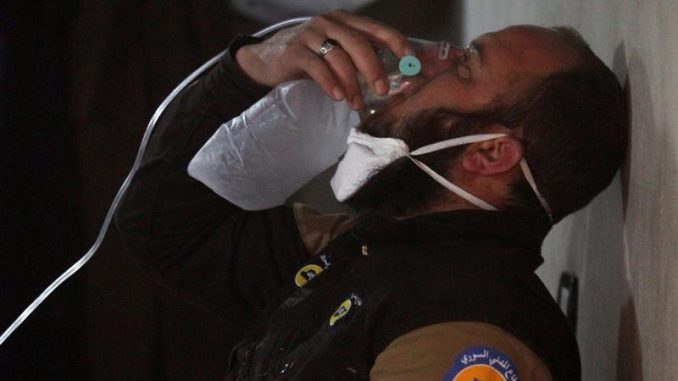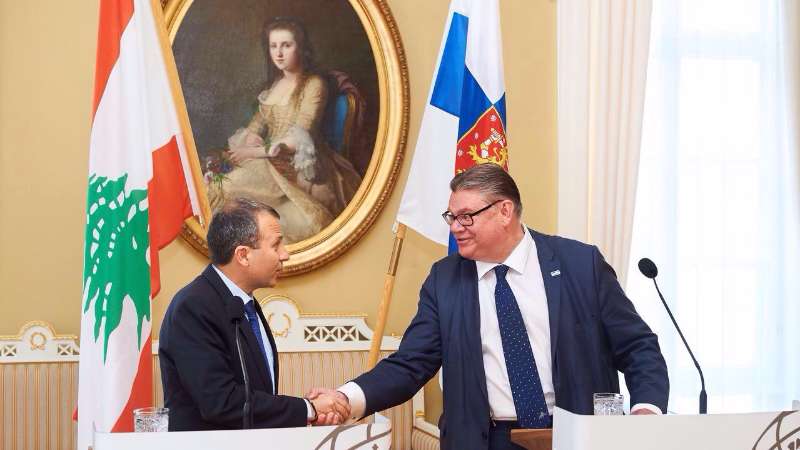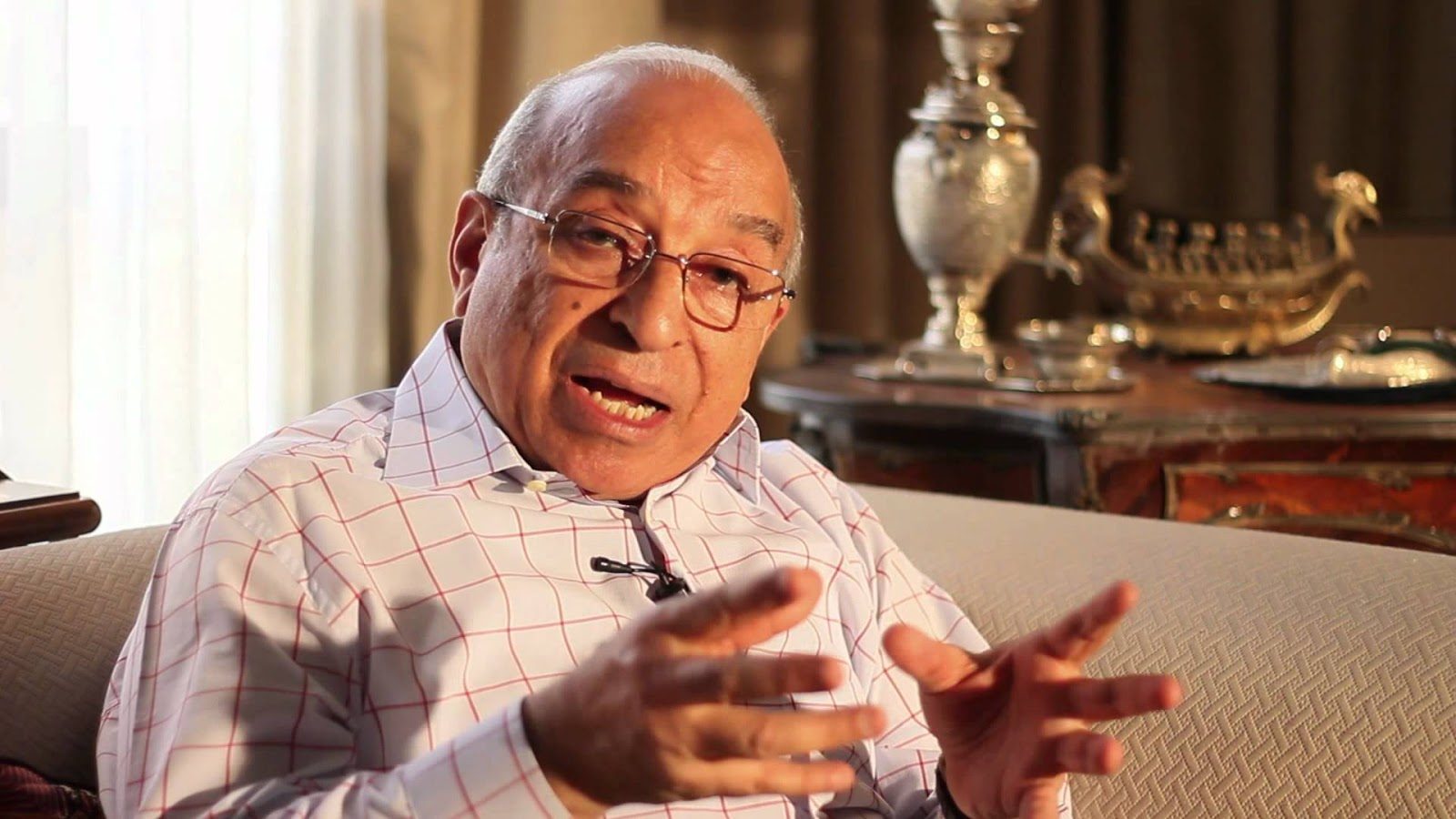
Global powers condemned the latest chemical attack by Assad regime against civilians in Syria, in which more than 60 civilian were killed, saying that this incident may be held as a war crime if “Assad was found to be responsible.”
More than 60 civilians were killed in Syria in a new chemical attack carried out by Assad regime’s air force on the rebel-held Idlib province, doctors and monitoring groups have said.
The Syrian Observatory for Human Rights said the attack caused many people to choke or faint, and some had foam coming from their mouths, citing medical sources who described the symptoms as possible signs of a gas attack. All the children were under the age of eight.
The Edlib Media Centre (EMC), a pro-opposition group, posted images that were widely shared on social media, showing people being treated by medics and what appeared to be dead bodies, many of them children.
“This morning, at 6:30 a.m., warplanes targeted Khan Sheikhoun with gases, believed to be sarin and chlorine,” said Mounzer Khalil, head of Idlib’s health authority. The attack had killed more than 50 people and wounded 300, he said.
“Most of the hospitals in Idlib province are now overflowing with wounded people,” Khalil told a news conference in Idlib.
The air strikes that hit the town of Khan Sheikhoun, in the south of rebel-held Idlib, killed at least 58 people, said the Observatory.
Khan Sheikhun houses thousands of refugees from the nearby province of Hama who have fled the fighting there.
Civilian areas in Khan Shaykhun were targeted with poisonous gases this morning. Initial rprts of 50 killed incl wmn & chldrn, 300+ injured. pic.twitter.com/ZQ6MAgsqNO
— The White Helmets (@SyriaCivilDef) April 4, 2017
Locals said the attack began in the early morning, when they heard planes in the sky followed by a series of loud explosions after which people very quickly began to show symptoms. They said they could not identify the planes. Both Syrian and Russian jets have bombed the area before.
Opposition activists and the AFP news agency, citing one of its journalists on the scene, later said a rocket had slammed into a hospital where the victims were being treated, bringing rubble down on medics as they struggled to deal with victims.
The civil defense, also known as the White Helmets – a rescue service that operates in opposition areas of Syria – said jets struck one of its centers in the area and the nearby medical point.
This attack is the deadliest chemical attack in Syria since sarin gas killed hundreds of civilians in the rebel-held Ghouta area near the capital in August 2013. Western states said the Assad regime was responsible for the 2013 attack but it denied the charge.
#Syria Chaos in front of #WhiteHelmets headquarter in Khan Sheikun #Idlib after airstrike Sarin toxic gas. pic.twitter.com/Ss5dlsZPWH
— Muhamed Al-khamis (@janatulnaeem02) April 4, 2017
The casualties have been distributed across a wide range of hospitals in Idlib, with some sent north towards Turkey. There were reports that casualties driven to the Bab al-Hawa crossing on the Turkish border were experiencing difficulties in entering the country for emergency relief.
“The total number of wounded is incredible, so far it’s over 200,” said Mohammad, a doctor at another hospital in Idlib.
“We received over 20 victims and most of them are children, and two of them in the ICU are extremely critical. There are a lot of injured and most of these who were near the epicentre of the attack are either dead or in intensive care.
“The families are in a terrible state because they expect the victims to die.”
Mohammad said the victims he had seen had constricted irises, low oxygen and poor blood pressure and were drifting in and out of consciousness. Many were on respirators.
Do u still doubt that #Sarin is being used on us? Non-reactive pinpoint pupils! We have samples. Will anyone care!? Who will stop it?#Syria pic.twitter.com/WmhDZgLVA6
— Dr Shajul Islam (@DrShajulIslam) April 4, 2017
“seriously concerned”
The Syrian opposition described the attack as “appalling” and called on the UN security council to take action.
“The Assad regime continues to use internationally prohibited weapons in bombing civilian areas in a blatant violation of the fourth Geneva convention and UN security council resolutions 2118, 2209, 2235 and 2254,” the opposition Syrian coalition said. “These crimes would not have happened again had it not been for the lukewarm response by the international community and its failure to ensure protection for civilians.”
Turkey’s President Recep Tayyip Erdogan told Russian President Vladimir Putin that the “inhuman” attack could endanger peace talks, AFP reported, citing sources.
The “horrific” chemical attack in Syria’s Idlib province on Tuesday came from the air, United Nations envoy Staffan de Mistura said on Tuesday, adding the U.N. Security Council would meet to demand accountability.
“This was horrific and we are asking, I’m sure there will be a Security Council meeting on this, for clear identification of responsibilities, accountability,” he said at an international conference in Brussels aimed at shoring up ailing Syrian peace talks.
The OPCW said it was “seriously concerned”, adding that it was “gathering and analyzing information from all available sources”.
The Lukeworm International Response is a License For Assad to Carry on With His Crimes#Syria #Idlib #IdlibGasAttack #KhanSheikhoun pic.twitter.com/mzH9uKPL9I
— Syrian Coalition (@SyrCoalition) April 4, 2017
Assad is responsible
The French foreign minister, Jean-Marc Ayrault, demanded an emergency UN security council meeting.
“A new and particularly serious chemical attack took place this morning in Idlib province. The first information suggests a large number of victims, including children. I condemn this disgusting act,” France’s foreign minister, Jean-Marc Ayrault, said in a statement.
“In the face of such serious actions that threaten international security, I ask for everyone not to shirk their responsibilities,” he added.
French President Francois Hollande directly blamed Assad regime forces for the attack and said his allies were emboldening him to act with impunity.
“Once again the Syrian regime will deny the evidence of its responsibility in this massacre. Like in 2013, Bashar al-Assad counts on the complicity of his allies to act with impunity,” Hollande said in a statement on Tuesday.
“Those who support this regime can once again assess the magnitude of their political, strategic and moral responsibility,” he said.
This is today in Syria in #Idlib. Hi @realdonaldtrump do you love this? pic.twitter.com/Rux9d7aV36
— Bana Alabed (@AlabedBana) April 4, 2017
The attack is a war crime
The British Prime Minister Theresa May has called for an investigation into the attack.
May said: “I’m appalled by the reports that there’s been a chemical weapons attack on a town south of Idlib allegedly by the Syrian regime.
“We condemn the use of chemical weapons in all circumstances.”
“If proven, this will be further evidence of the barbarism of the Syrian regime, and the UK has led international efforts to call to account the Syrian regime and Daesh for the use of chemical weapons and I would urge the Organisation for the Prohibition of Chemical Weapons to investigate this incident as soon as possible.”
“I’m very clear that there can be no future for Assad in a stable Syria which is representative of all the Syrian people and I call on all the third parties involved to ensure that we have a transition away from Assad.”
“We cannot allow this suffering to continue.”
British Foreign Secretary Boris Johnson denounced the attack as a “war crime” and called for those responsible to be brought to justice.
It would be “unbelievable” to think that president Bashar Assad could play a role in the post-war government of the country if his regime is found to be to blame, Johnson said.
“If this were proved to have been committed by the Assad regime, it would be another reason to think they are an absolutely heinous outfit.
“Bombing your own civilians with chemical weapons is unquestionably a war crime and they must be held to account.
“It is unbelievable to think that in the long term, Bashar Assad can play a part in the future of Syria, given what he has done to his people.”
No change in the US stance
The attack came a day after the US ambassador to the UN, Nikki Haley, said the US government was no longer focused on Assad’s removal from office.
The United States blamed the Syrian government and its patrons, Russia and Iran, on Tuesday’s attack, as the White House called the attack a “reprehensible” act against innocent people “that cannot be ignored by the civilized world.”
A senior State Department official said the attack appeared to be a war crime and called on Russia and Iran to restrain Assad regime from carrying out further chemical strikes.
However, Sean Spicer, the White House spokesman, said the slaughter was unlikely to change the United States’ posture toward Assad because of the “political realities” in Syria.
“There is not a fundamental option of regime change as there has been in the past,” Spicer told reporters. “Somebody would be rather silly not acknowledging the political realities that exist in Syria. What we need to do is to fundamentally do what we can to empower the people of Syria to find a different way.”
He added that “these heinous actions by the Bashar al-Assad regime are a consequence of the last administration’s weakness and irresolution.”
“President Obama said in 2012 that he would establish ‘a red line’ against the use of chemical weapons and then did nothing,” Spicer said.
The raid in Khan Sheikhun indicates Assad’s growing confidence. He has wrested control of territory from the rebels, including the entire city of Aleppo, in recent months. His regime has benefited from the unflinching support of Moscow and Shia militias backed by Iran, as well as waning support for the opposition by its allies in the region and the new US administration.
The Syrian crisis began as a peaceful demonstration against the injustice in Syria. Assad regime used to fire power and violence against the civilians and led to armed resistance. 450.000 Syrians lost their lives in the past five years according to UN estimates, and more than 12 million have lost their homes.



